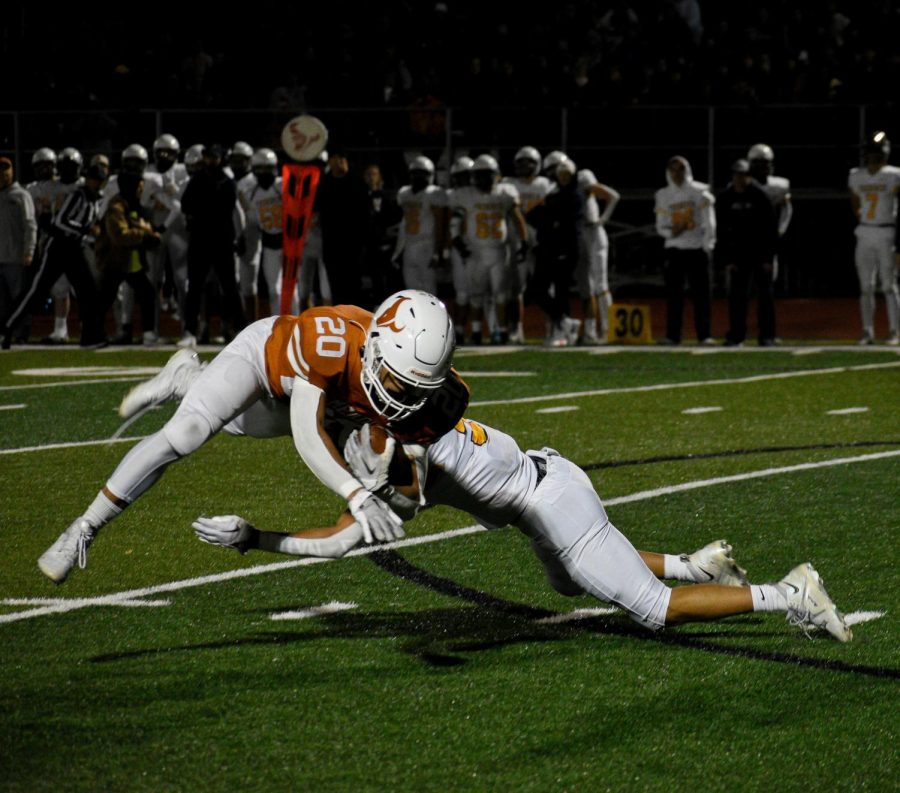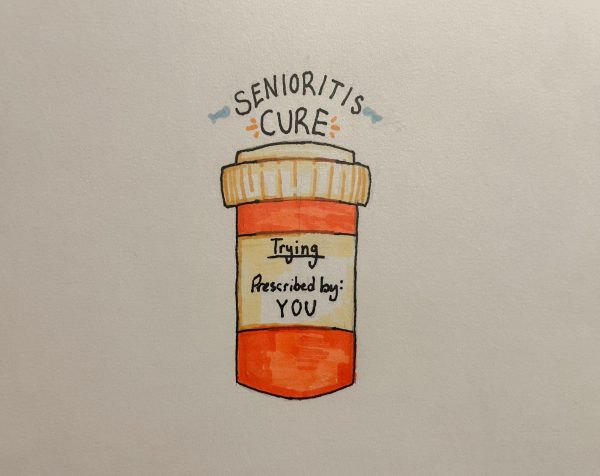Mental hurt in athletics has worse implications than physical hurt (Opinion)
Mental pain is harder to repair than physical pain when it comes to competing in a sport you love
While physical hurt entitles the athlete to take a break from their sport, mental hurt often gets pushed aside and played through, only making it worse
Being hurt mentally is worse than being physically hurt in a sport that you love and dedicate yourself to. Studies show the mental health aspect is more important in sports than physical health, yet this topic still remains controversial.
Mental health should be seen as equal to physical health in sports, but this is often not the case. According to Taylor Counseling Group, “For an athlete to perform well, they must prioritize their mental health as much as their physical health… it should be equal.”
The mental hurt will always be worse than the physical hurt in a sport. When getting hurt physically in a sport, an athlete’s body can be repaired, and they can continue playing with passion. But mentally, it’s harder to repair hurt that’s been caused.
A large number of sports require 20% physical toughness and 80% mental toughness; therefore, the mental aspect outweighs the physical aspect in a sport. Overcoming a mental block or challenge such as a mental illness, disability in a sport, or even favoritism from coaches can be difficult — especially if an athlete has been experiencing it over a long period of time.
When in an athletic environment where your mental health is worn down, you are significantly more likely to get emotionally burnt out, causing a ripple effect in your performance. How you play often reflects your mental wellbeing.
In 2019, approximately 46.6 million people were living with mental illness in the United States. Some student athletes hide their mental health issues and don’t appear to be at risk of suicide. 72% of 127 athletic trainers said “treatment for student-athletes took place in counseling centers separate from athletic training facilities, and only 20.5% of respondents said they had a mental health provider who worked in the athletic training room.”
For those who struggle with mental health and are unsupported through their sport, they can quit or suffer in exhaustion. This causes a lack of attention and drive for sports that athletes used to be passionate about.
Being in a place where mental health and mentality in a sport are made less important than an athlete’s physical health is so detrimental. Mental health is equally (if not more) important than physical health in a sport.
Your donation will support the student journalists of Mead High School. Your contribution will allow us to purchase equipment and cover our annual website hosting costs.

Enola Potter is a senior. She enjoys dancing, hanging out with friends, and painting. She is looking forward to her 4th year in journalism and graduating.











Darby • Apr 26, 2023 at 9:27 am
This is a great topic. Mental health in sports is extremely important. And I completely agree that sports are 20% physical and 80% mental. It is very important to have a team and a coach that values the mental part of your sport. Great article!
Edison Burke • Apr 26, 2023 at 9:23 am
This is a huge topic for sports, and it is very important to find a way to not get mental health problems with especially football (concussions), that can hurt you way more in the future. Great article and great details about the mental health.
Liam • Apr 26, 2023 at 9:20 am
This couldn’t be more true. Athletes who struggle with mental health issues need support in communities worldwide.
Dylan Morales • Apr 18, 2023 at 8:04 am
This is extremely factual. Coaches are very unforgiving and pick favorites which brings down the teams moral.